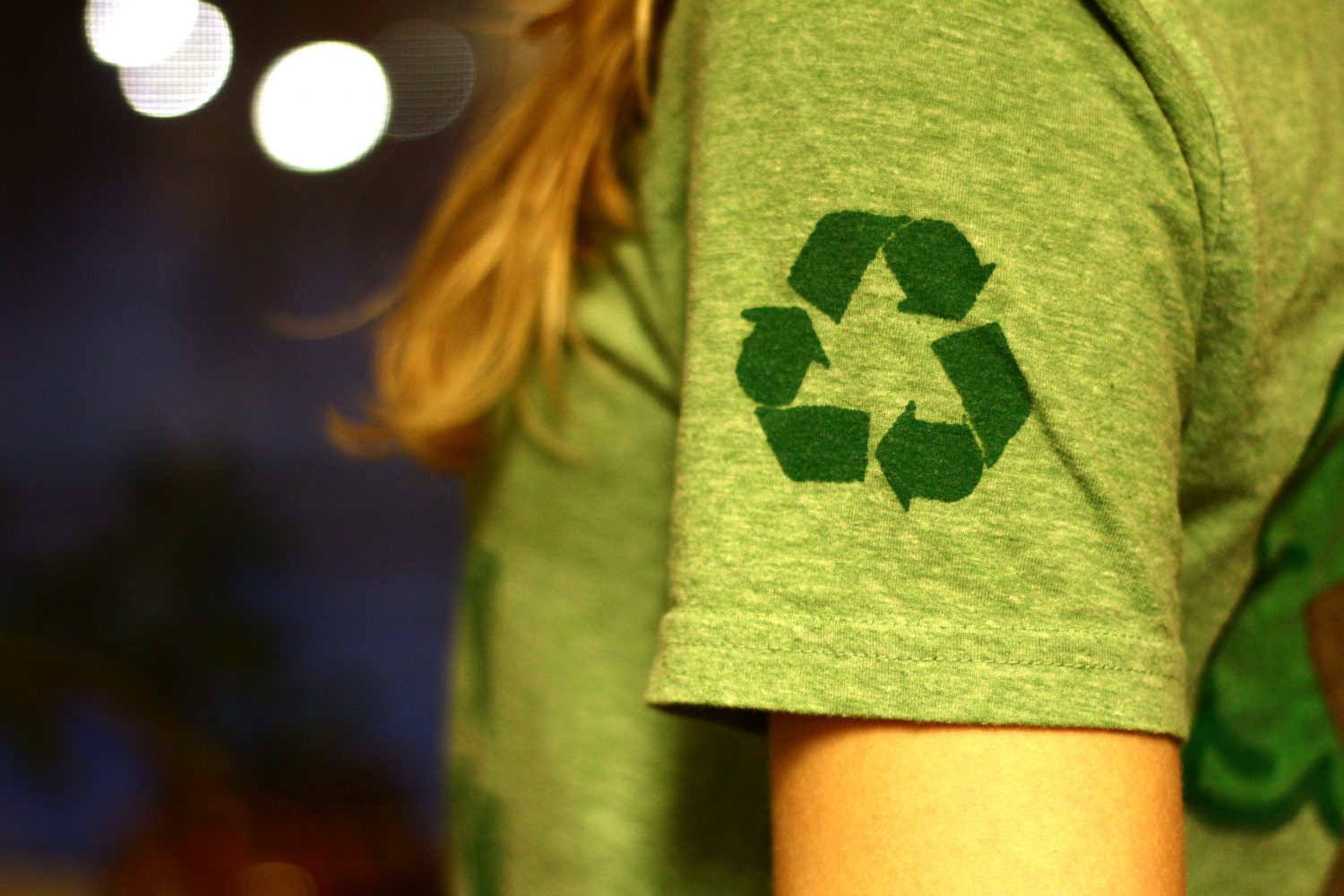Kill-A-Watt, Calvin’s annual Interim student sustainability competition, has come around again, with a wide variety of opportunities for students to focus on caring for creation and conserving resources, as well as a chance to win $200 towards a dorm-initiated sustainability project.
Kill-A-Watt started in 2008 in Bolt-Heyns-Timmer as a competition between floors and since its inception it has grown to implement permanent changes on campus, such as eliminating trays in the dining halls, and is continuing to spark sustainable change across Calvin.
To win the coveted prize money and campus bragging rights, residents can earn points through a variety of different opportunities.
There are a number of campus events to attend, including the documentary “Seeds of Freedom” and checking out the sustainability tables at Knollcrest, both happening on the 22nd.
Lifestyle challenges are another opportunity to rack up points. These challenges come in the forms of limiting electricity, adopting a vegetarian or vegan diet, giving up driving and many more.
Each challenge has a corresponding amount of points given to students and their dorm based on its difficulty.
At the end of the month, the dorm with the highest amount of points and lowest amount of energy consumption will win the sustainability grant.
To evaluate your sustainability “footprint,” take the DREAM, or Dorm Room Environmental Awareness Movement, quiz, which is found online. To keep updated about the competition and to see the daily point totals for each dorm, like Calvin Sustainability on Facebook.
This year’s Kill-A-Watt comes with a new emphasis on spiritual motivations behind sustainable living. Creation care and justice issues will be discussed by residents in interim-long bible studies.
“Bible studies give us the opportunity to live out sustainability together,” Annaka Scheeres, Calvin’s sustainability intern, commented. “Caring for the earth is important to God, and being a Christian is in direct connection with sustainability.”
As freshman Rachel De Vries put it, “Actually being involved in Kill-A-Watt gives us an idea of how easy it can be to change our living habits to better conserve energy.”
Though many at Calvin argue that Kill-A-Watt has positively contributed to the environmental awareness and stewardship of students and faculty, others question the degree to which it actually makes a difference.
Senior Taylor King argued that “it would be better if we were able to see the results of Kill-A-Watt over time, rather than what it just does in a month.”
Freshman Amanda Asfour had a similar uncertainty about the long-term impact of Kill-A-Watt. “Is it really making a difference on campus?” she asked.
In addition to the uncertainty of its purpose, many students avoid becoming involved in Kill-A-Watt because it’s difficult to see the tangible impact that energy-saving efforts have on the world.
But in his talk during Monday night’s Kill-A-Watt kickoff, President LeRoy said, “If dorm residents decreased their usage of electricity, heat and hot water, students could potentially save 10 percent of room and board costs, because these three things are the biggest factors for room and board costs.”
Not only do student efforts have an impact on the environment, they have the potential to contribute to lower costs for students now and in the future.
No matter if you take part in all of the activities during Kill-A-Watt or none, its Scheeres’s hope that “Kill-A-Watt will open people’s eyes to issues they haven’t been aware of before.”








